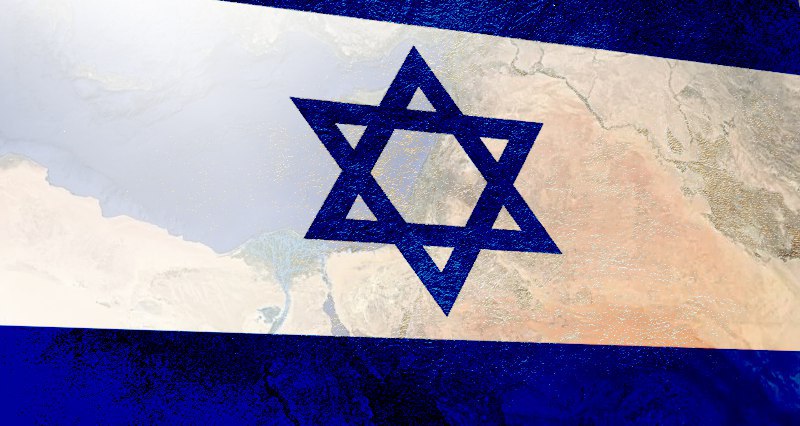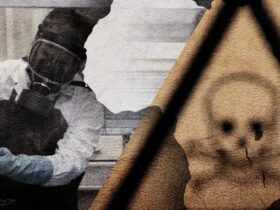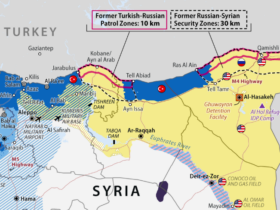There has been a serious government crisis in Israel for more than a year. Israel’s Supreme Court finally approved a coalition deal between Prime Minister Benjamin Netanyahu and his rival-turned-ally Benny Gantz. With this agreement, the government crisis that continued more than 1 year in and caused 3 early elections ended.
Netanyahu’s Likud and the Blue-White party announced on Wednesday that they would hold a swearing-in ceremony for their government on May 13.
Despite this temporary resolution, the crisis continues. The Yamina Party, led by Israeli Defense Minister Naftali Bennett, has announced that it will not participate in a coalition led by Prime Minister Netanyahu.
On the other hand, protests against Netanyahu and Gantz in Tel Aviv are growing day by day despite the Covid-19 pandemic. During the latest demonstrations, hundreds of people in Tel Aviv protested the coalition government formed by Prime Minister Binyamin Netanyahu and Blue-White’s leader Benny Gantz. The protesters’ slogans included the phrase “Israel is ashamed”.
The state of Israel, which has been isolating itself and struggling with political crises, continues to violently dominate the Palestinians within the territories it occupies despite the coronavirus pandemic. Media reports indicate that medical equipment and treatment has not been made readily available for the areas under Israeli occupation.
The Israeli crisis could lead to the rise of new regional powers
We asked Tahsin al-Halabi, the Director of research about the region and Israeli-Palestinian affairs at Damascus Center for Researches and Studies, to comment on the possible outcomes of the political crises in Israel:
“The Likud and the Kahul Laban coalition agreement is mostly expected not to survive for a long time as each side considers it a temporary stage to improve its sources of electoral power lest an early election take place within a few months. Political competition to win the hearts of settlers in occupied territories between both blocs will lead them to adopt extreme policies against the Palestinians. Bennie Gantz, the leader of Kahul – laban, might face increased criticism as the Defense Minister in the new government over several important security challenges, especially in terms of confronting threats in the Gaza Strip. The first challenge for keeping the coalition in harmony will emerge in July, when Prime minister Netanyahu is due to implement his decision to annex the Jordan valley settlement in the occupied West bank. Gantz indicated on one occasion that such a step would have negative implications for Israeli – Jordanian relations and called upon the government not to take any unilateral action. On the economic level, the coalition is facing an unprecedented situation, the worst in the history of Israel: “a government of disgrace and moral stain on the Israelis throughout the ages” said Bin Caspit in the Israel daily Maariv, arguing that the burden of the 36 ministers will cost more than it can give to the Israeli public, especially given the on-going pandemic.
In the meantime, on regional questions, the Netanyahu – Gantz government will face a lot of obstacles and disappointment in seeking to normalize its relations with the “Arab rich moderate regimes”, as they will be occupied with financial problems stemming from the coronavirus. In the third decade of the 21th century, Israel is gradually witnessing the beginning of the deterioration of its position as regional superpower and asset for the US, which has itself been put on the backfoot across the Middle East. Given Israel’s vulnerable position, other new regional powers in the Middle East will have the opportunity to rise and strengthen their positions.

















Leave a Reply